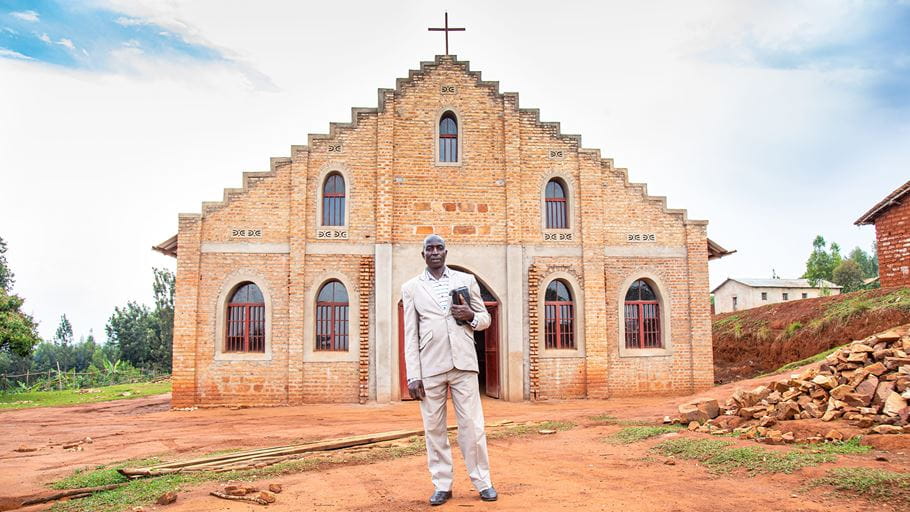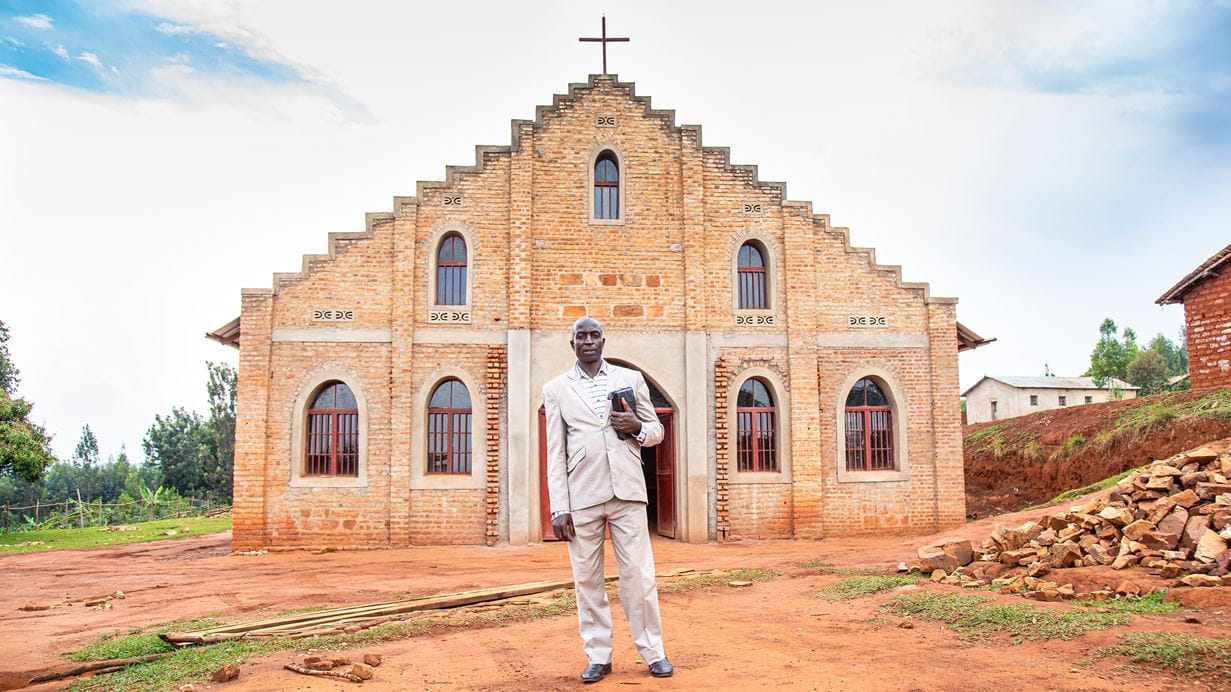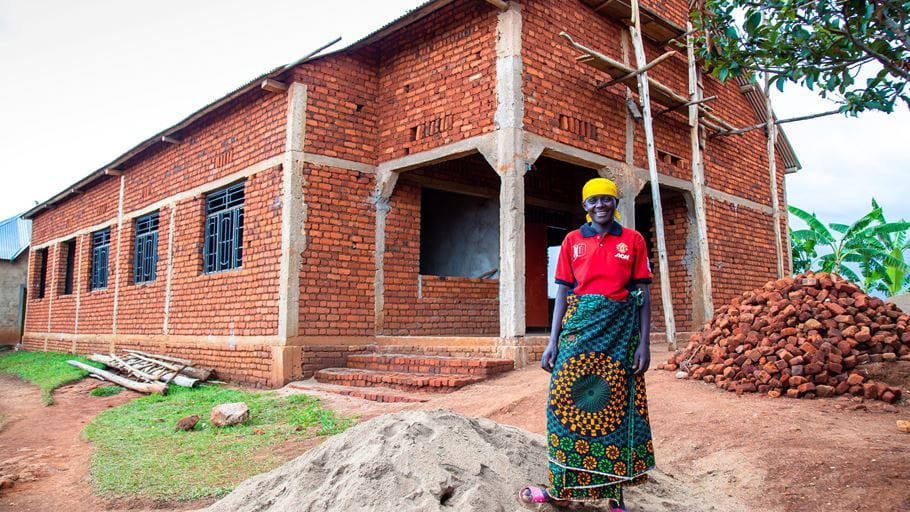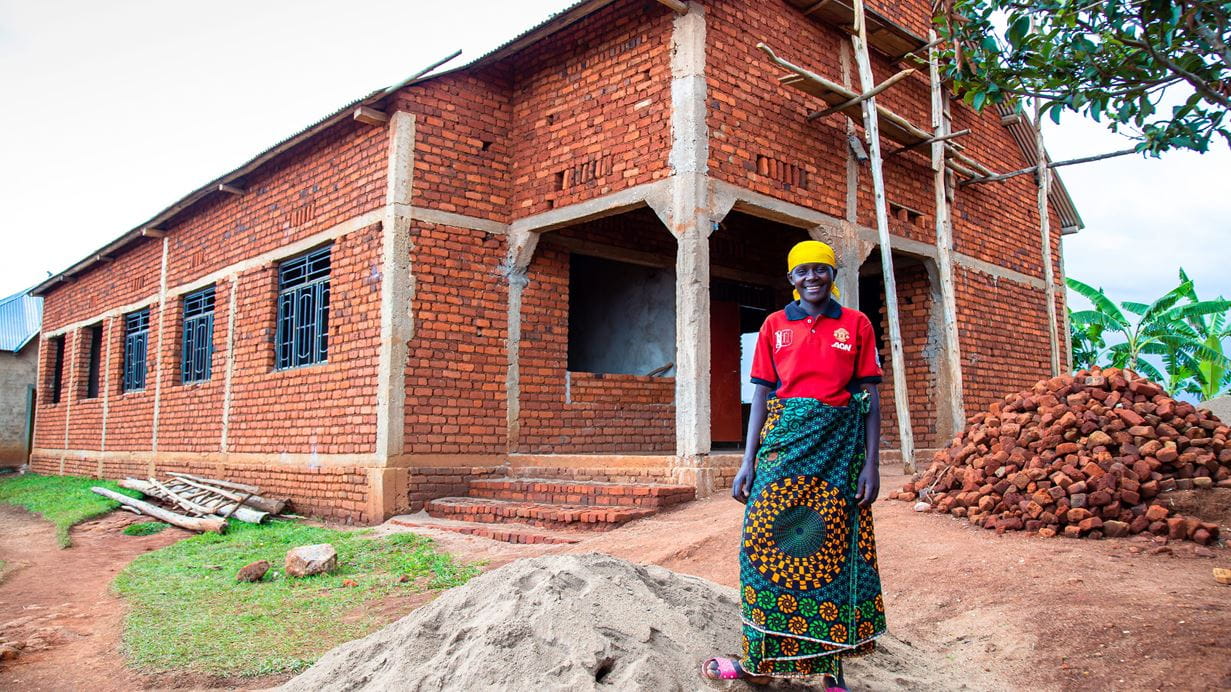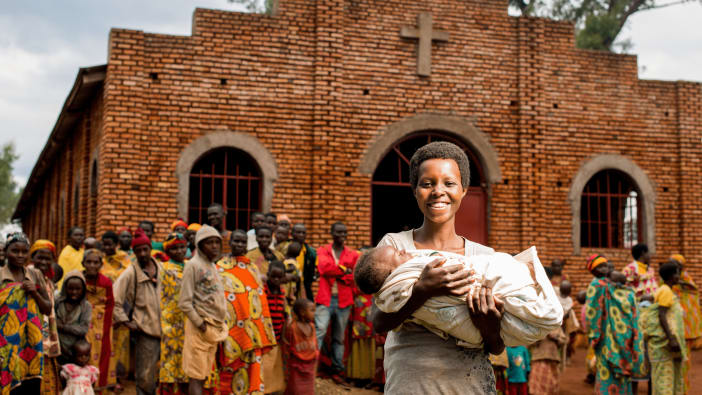An empowering church and community response to poverty
The idea of poverty response may bring to mind images of starving children, flies on their sad faces, hands out, begging for help. It’s a clichéd portrayal of need that strips people facing poverty of a sense of dignity and agency.
Of course, there is some deeply distressing truth in that picture. There are many people around the world facing the situation it depicts, and – as for all of us in different ways – there are clearly occasions in life where external help is vital. Sometimes, this help is the difference between life and death, and showing the dire contexts people find themselves in can be crucial to helping others understand that their input is needed – whether that be in prayer, in giving or in some other way.
However, working through the church to address poverty can provide a response that allows those being supported in their need to be agents in their own rescue. Rather than a hand out, it is holding hands and walking together through a situation into a relevant and sustainable solution.
The church works because it’s God’s idea
In 1 Corinthians 12:27, it says, ‘Now you are the body of Christ, and each one of you is a part of it.’ Each of us, whatever our gift may be, is important to the whole body.
Whether we’re the part of the body that sacrificially gives our time and finances, or whether we’re the part that starts a self-help group in a community facing poverty, everyone has a role to play.
We are all part of the same body, and verse 26 reminds us, ‘If one part suffers, every part suffers with it; if one part is honoured, every part rejoices with it.’
Every part of the body has as much importance and purpose as every other. The church, viewed as the body of Christ, reminds us that we are all created with value to add to the whole. The church is the blueprint for a solution to poverty that is empowering and full of dignity.
How effective is the Transforming Communities programme really?
The findings of our recent study were incredible!
The researchers discovered that a social value of £28 was released for every pound invested by our supporters in Transforming Communities (CCT) work, and here is a bit more of what that looks like:
Compared to people not living in CCT communities, those that do are:
- 27% more satisfied with their lives in general
- 113% more likely to work with others on shared projects
- 51% more likely to have maintained or increased their income in the last year
- 35% more likely to believe they will be better off in a year’s time (they are hopeful about the future)
- 46% more likely to speak up and raise issues with decision-makers
- 35% more likely to feel that they can influence decisions in their community
- 62% more likely to have invested in assets, such as property or livestock in the last year
- and 26% more likely to feel confident they could cope with unexpected events in the future.
The study confirmed in numbers what over 50 years has shown in our lived experiences. CCT brings positive, whole-life transformation.
And, the evidence suggests that the impact of Transforming Communities work spreads throughout a community, so that even those who aren’t directly involved in the activities still experience some benefits.
You can read more about the study and its findings here.







